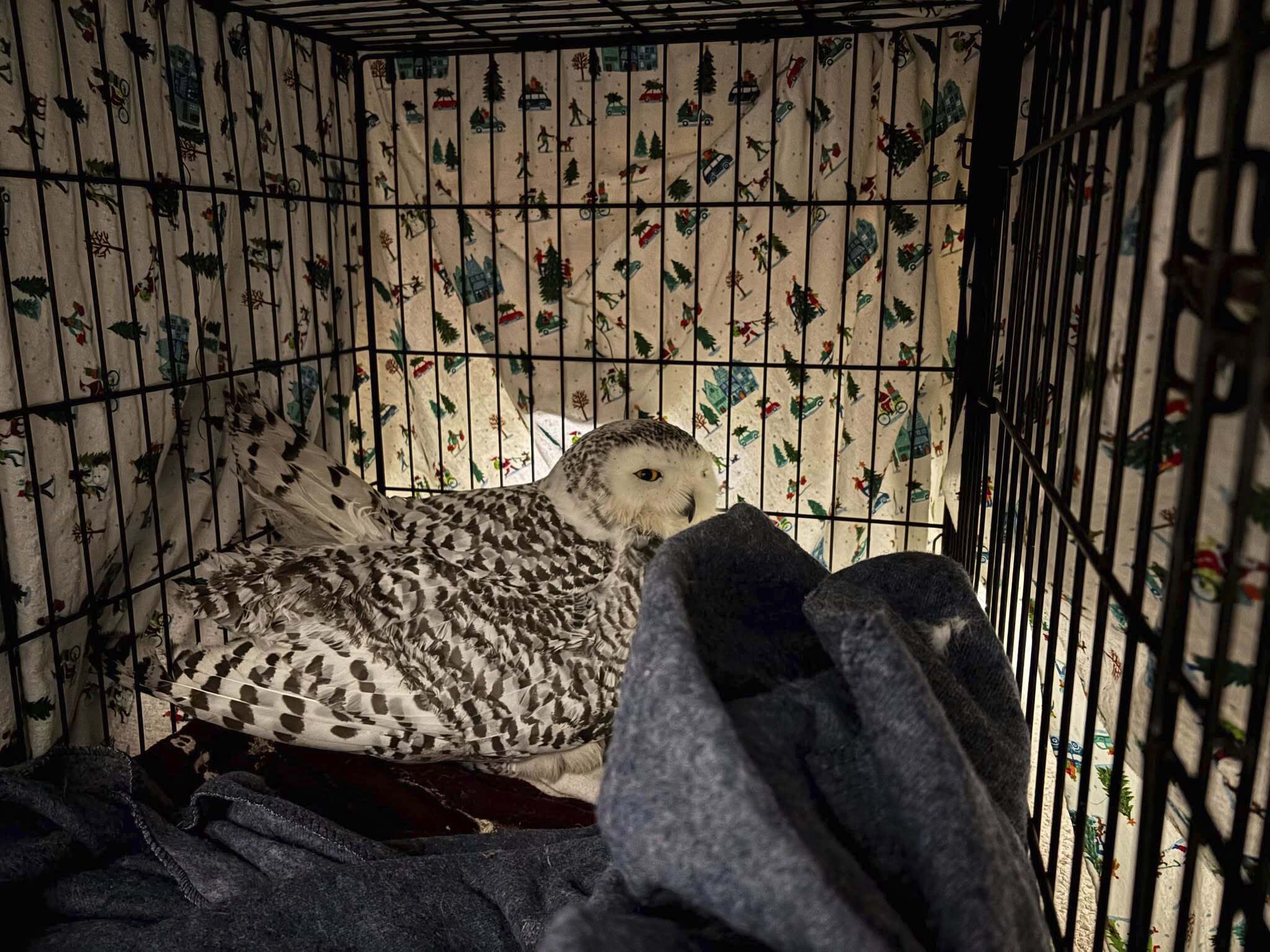Massachusetts Gov. Charlie Baker said Wednesday that the state is starting to see encouraging signs that the coronavirus surge may have plateaued, but noted it’s still too soon to make any real conclusions.
“The last few days we’ve seen fewer or about the same number of positive cases day to day, but we think it’s too soon to draw a conclusion from this data. A few days does not represent a trend. We’ve seen this data bounce around before,” he said.
Baker, who said the state is "now a national hotspot for COVID-19 infections," added that the number state health officials are watching most closely is the number of hospitalizations, and they are still seeing a modest increase there.
On Wednesday, Massachusetts became the fourth state to in the U.S. to record more than 2,000 coronavirus deaths. It also announced that 1,744 more people tested positive. Right now, about 9% of all people who tested positive are hospitalized, but more than half of all 18,000 hospital beds available statewide, including makeshift ones, are currently unoccupied and available for patients.
Baker said until the surge has passed, it is too soon to talk about whether to reopen the economy. Right now, his stay-at-home advisory and non-essential business closure are set to expire on May 4.
U.S. & World
"We think the issue going forward is going to be less about the date and essential and non-essential and more about the rules of the road," he said. "The rules will be relatively comprehensive and uniform and defined more depending on space than industry. Close contact operations would be one of the ones that would have to go through some sort of review to figure out if you can create the kind of safety needed (to reopen)."
Baker said the state has been focusing testing in recent days and weeks, on hot spots like Chelsea, Lowell, and the state’s many nursing homes and assisted living facilities.
Starting this week, the state is expanding its efforts at a dozen community health centers in Quincy, Brockton, Lowell, Fall River, New Bedford, Worcester, Provincetown and multiple sites in Boston. Residents who want to be tested can contact those health centers directly.
Baker said these community health centers will also participate in the statewide community tracing collaborative, in which 1,000 state workers try to identify and isolate anyone who's been exposed to the virus, which is seen as a key component of reopening the economy in Massachusetts.
Anyone who is called by a contact tracer will see "MA COVID TEAM" on their phone's caller ID, Baker said, and it's important that they pick up: "It's about protecting other people from you, because you may be somebody who has this virus and doesn’t know it."
Wednesday's press conference came a day after Baker announced that schools would remain shuttered through the end of the school year. The announcement was not a major surprise, considering the state has emerged as one of the nation's coronavirus hotspots.
“It’s the right thing do, considering the facts on the ground at this point. At this point in time there is no authoritative guidance with respect to how to operate schools safely and how to get kids to and from school safely," Baker said.
Baker also announced that his order closing all non-emergency child care programs will be extended until June 29, with the exception of those that are serving first responders, grocery store employees and other essential workers.
"It gives us time to look ahead and align the reopening of child care with the reopening of employment across the state," said Samantha Aigner-Treworgy, commissioner of the Department of Early Education.
The governor stressed that remote learning will continue through the end of the school year.
"This does not mean it's time to start summer vacation early," Baker said.
Education Commissioner Jeffrey Riley said he expects to issue new guidance soon on what precautions will have to be taken to reopen schools in the fall, what remote learning will look like for the rest of the year, what standards will be used to determine whether students will be allowed to move on to the next grade and whether schools will use pass/fail grading or if letter grades will continue.
State House News Service contributed to this report.



